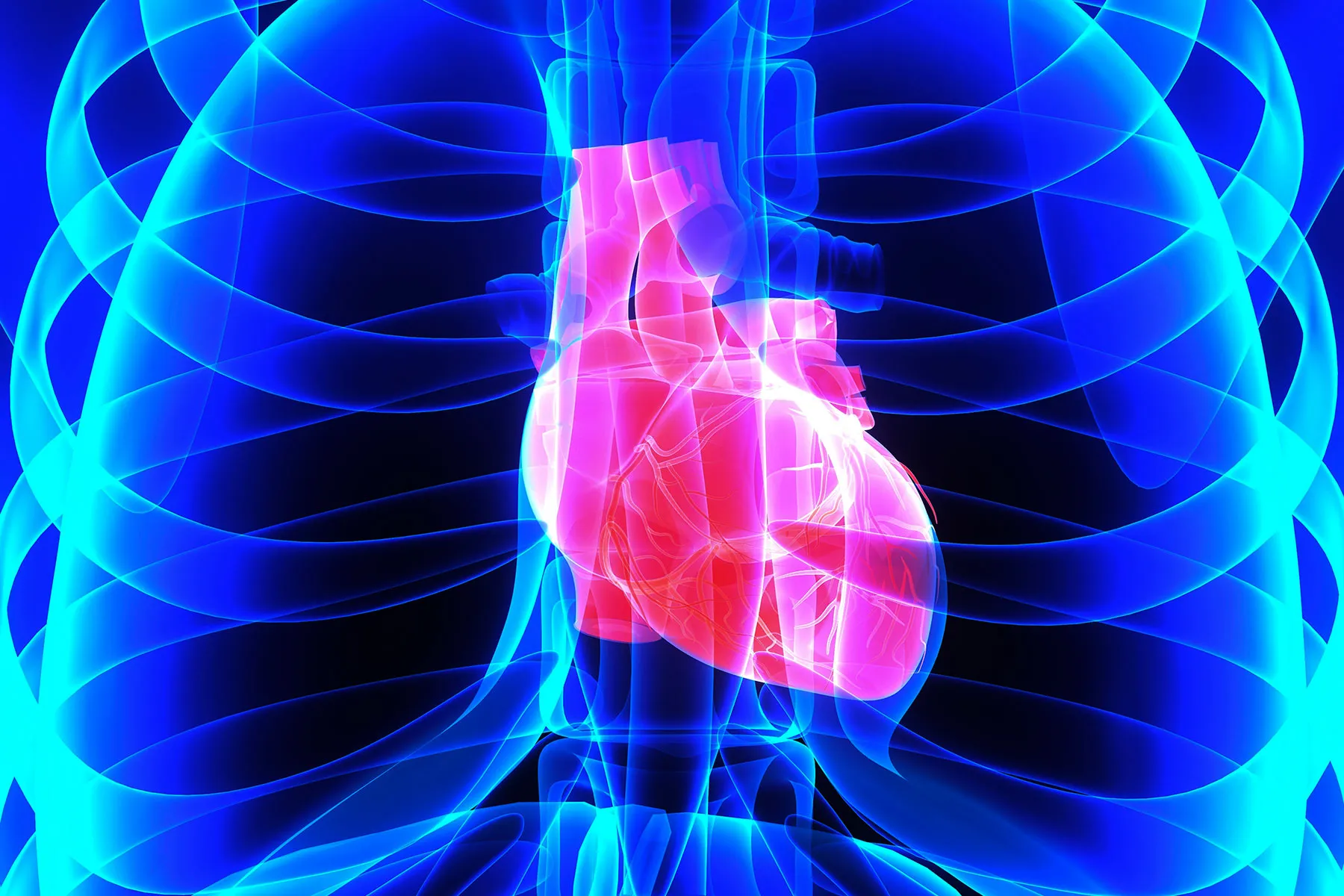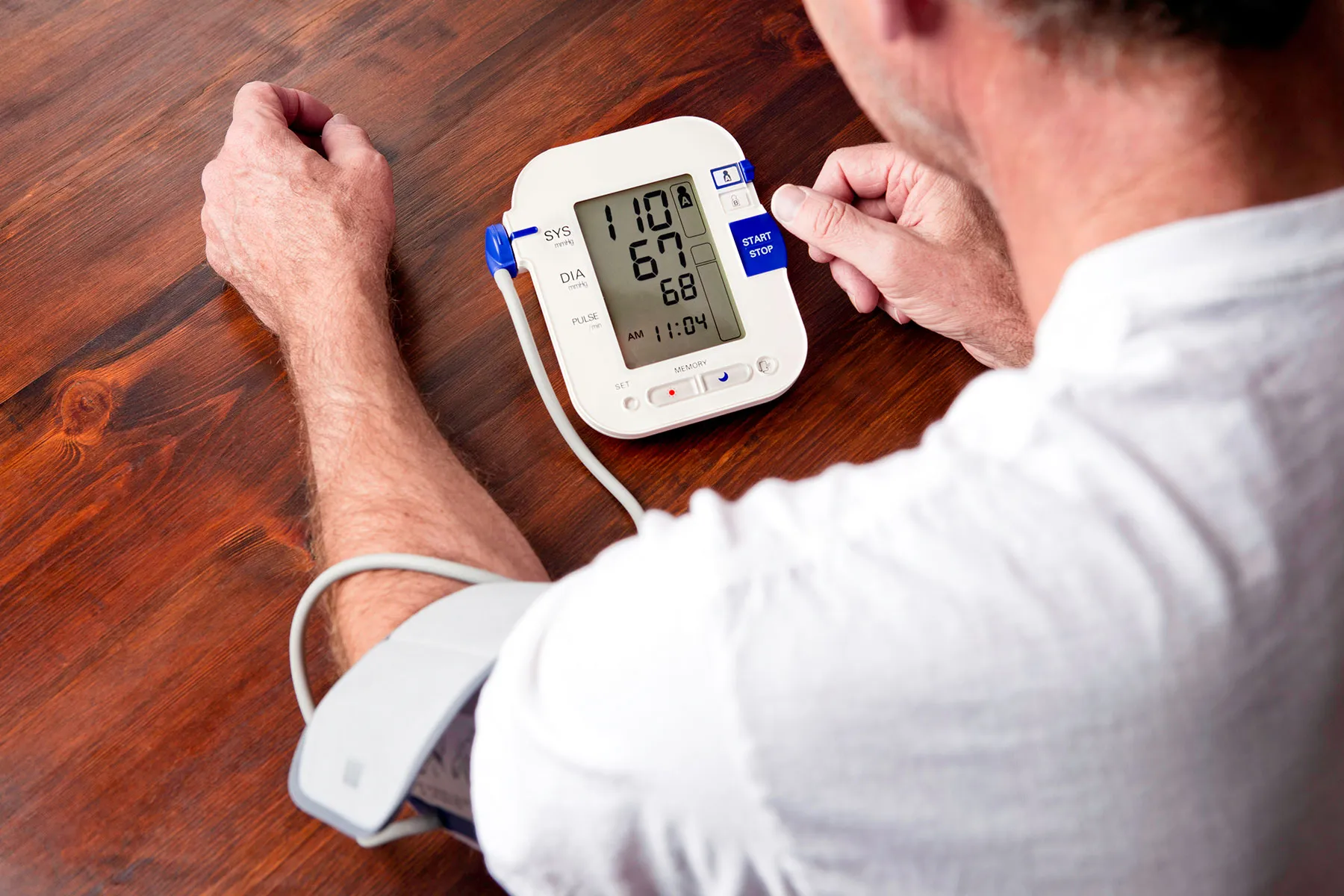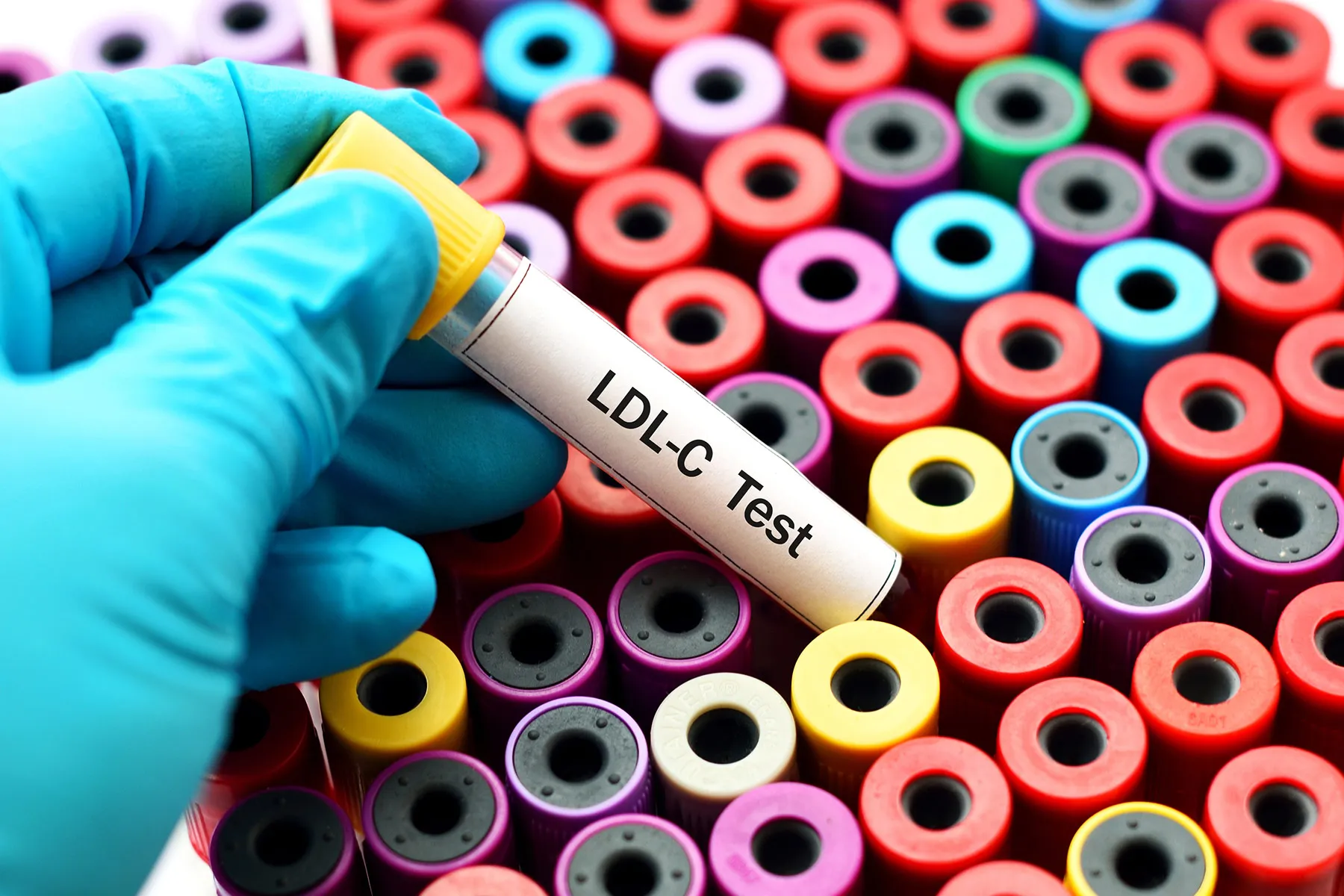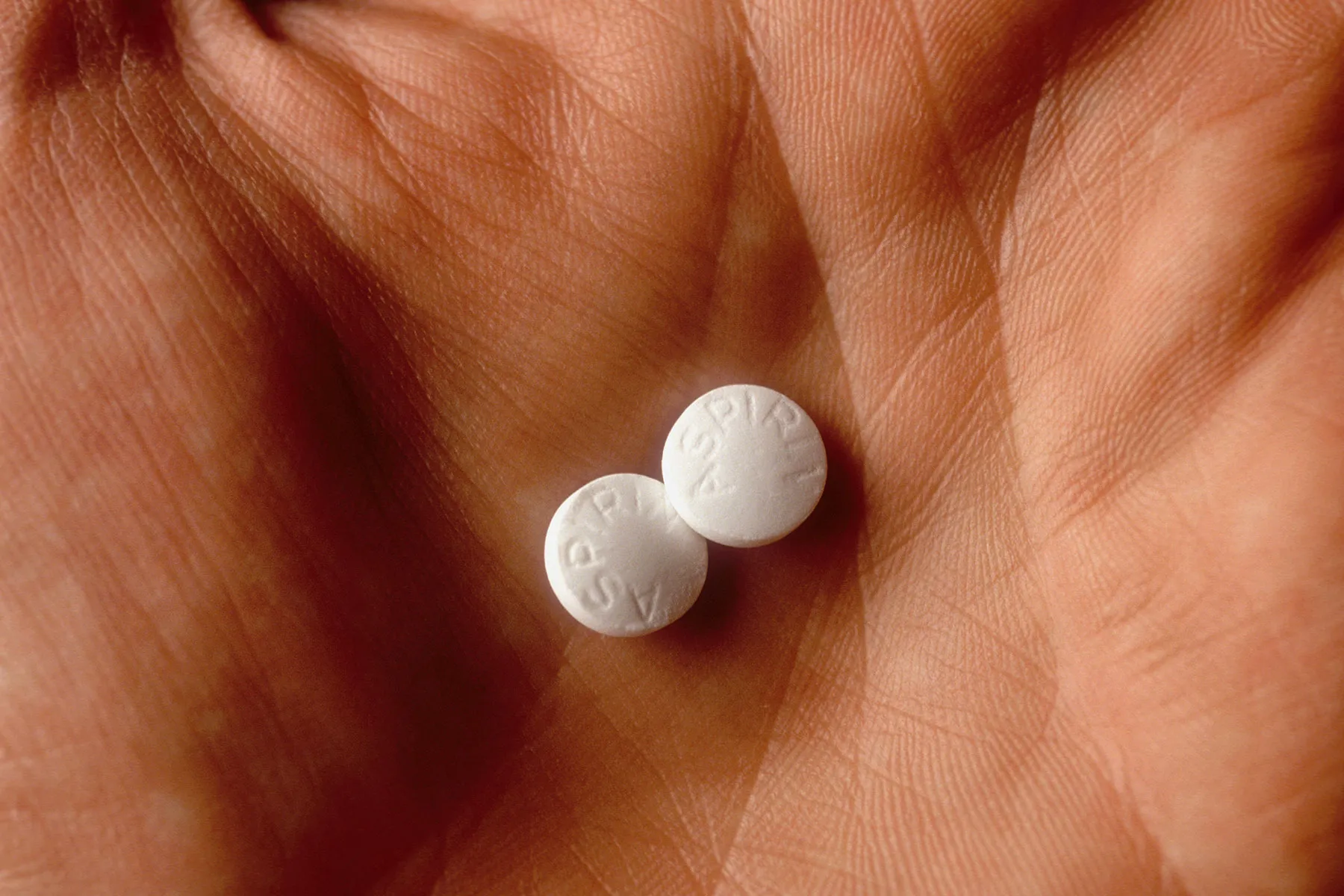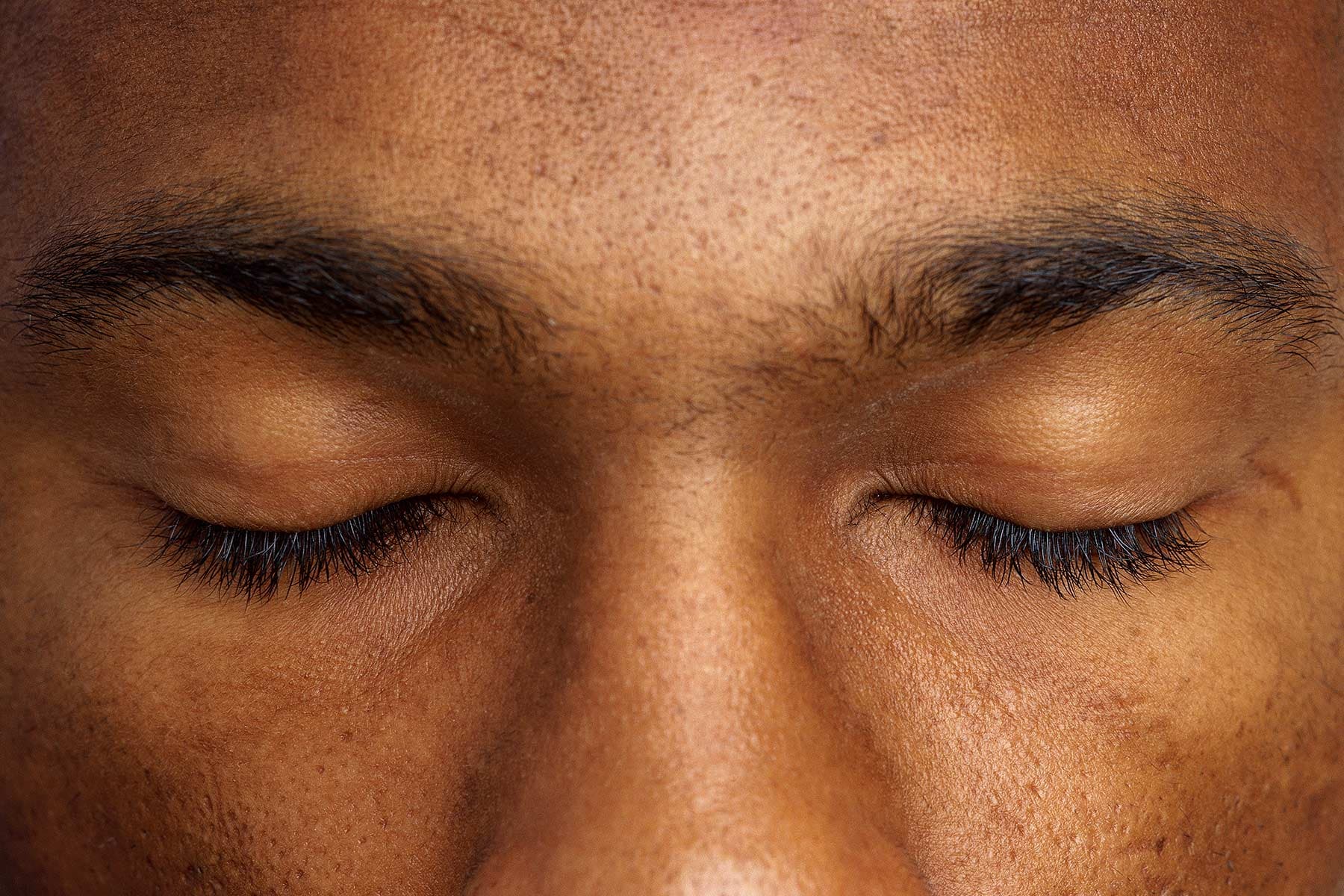How to Care for Your Heart With Diabetes

Sources Medically Reviewed on 01/19/2022 Reviewed by Carol DerSarkissian, MD on January 19, 2022
IMAGES PROVIDED BY:
1) Getty
2) Getty
3) Getty
4) Getty
5) Getty
6) Getty
7) Getty
8) Getty
9) Getty
10) Getty
11) Getty
12) Getty
SOURCES:
National Institute of Diabetes and Digestive Diseases: “Diabetes, Heart Disease, and Stroke,” “Taking Care of Your Diabetes Means Taking Care of Your Heart,” “Diabetes Diet, Eating, & Physical Activity.”
American Heart Association: “Cholesterol Abnormalities and Diabetes,” “Sodium Sources: Where Does All That Sodium Come From?” “Lifestyle Changes for Heart Attack Prevention.”
U.S. National Library of Medicine: “Cholesterol Levels: What You Need to Know.”
Harvard Medical School: “9 ways to protect your heart when diabetes threatens it,” “Abdominal fat and what to do about it.”
Blood Pressure Association (UK): “Salt’s Effect on Your Body.”
American Diabetes Association: “Conquer High Blood Pressure.”
Up-to-Date: “Patient Education: Type 2 diabetes and Diet (Beyond the Basics).”
Department of Veteran’s Affairs: “Diabetes, Drinking and Smoking: A Dangerous Combination.”
The Mayo Clinic: “Diabetes Management: Does Aspirin Therapy Prevent Heart Problems?”
CDC: “How Does Sleep Affect Your Heart Health?”
The National Sleep Foundation: “Successful Sleep Routine,” “Sleep Apnea.”
The Cleveland Clinic: “Stress & Heart Disease.”
Reviewed by Carol DerSarkissian, MD on January 19, 2022
This tool does not provide medical advice. See additional information.
THIS TOOL DOES NOT PROVIDE MEDICAL ADVICE. It is intended for general informational purposes only and does not address individual circumstances. It is not a substitute for professional medical advice, diagnosis or treatment and should not be relied on to make decisions about your health. Never ignore professional medical advice in seeking treatment because of something you have read on the WebMD Site. If you think you may have a medical emergency, immediately call your doctor or dial 911.
